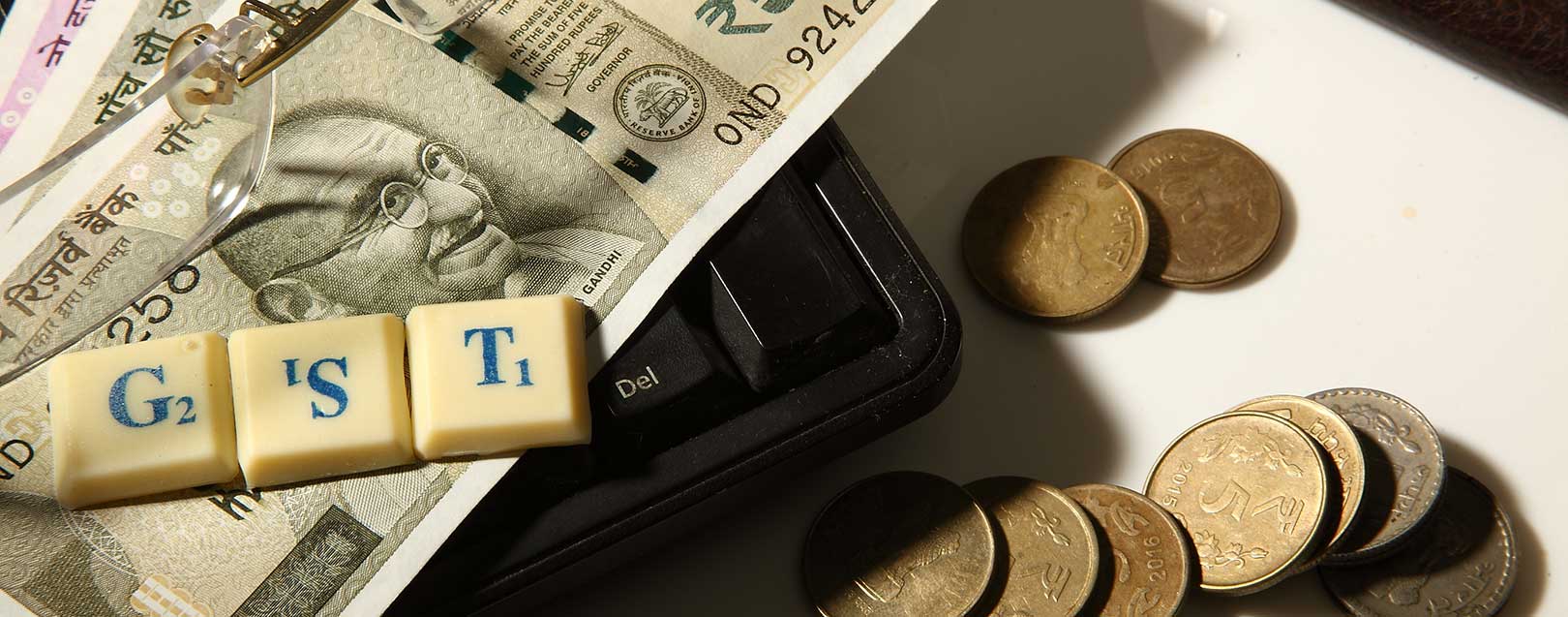
GST could have a negative impact on oil and gas industry, ICRA-ASSOCHAM report
The Dollar Business Bureau
The Goods and Services Tax (GST) will have adverse impact on the oil and gas sector as it will have to conform to the current tax regime as well as to GST, the ICRA-ASSOCHAM report said.
The GST regime is expected to be rolled out from July 1, 2017. The next meet of GST Council is to be held on June 18, in which it will decide upon the lottery tax and e-way bill.
“The oil and gas industry would have to comply with both the current tax regime as well as the GST regime leading to double compliance cost because five petroleum products viz crude oil, natural gas, motor spirit, high-speed diesel and aviation turbine fuel have been excluded from the GST, while other products such as LPG, naphtha, kerosene, fuel oil etc are included,” said a joint report by ICRA and ASSOCHAM.
In addition, the new tax regime will also result in non-creditable tax cost where an oil and gas firm will pay the GST for procuring the machinery, plant and services, however, it will not be able to get the credit on finished products sale (which has been kept out of the GST purview) as input tax under GST would not be credible against the value added tax (VAT) and excise duty, imposed on these fuels, the report said.
Besides, as services forms a considerable proportion of capital expenditure (capex) and operating expenses (opex) of upstream firms, the rise in tax rate from 15% to 18% would affect these companies adversely, it added.
In gas utilities sector, the report cautioned that the marketers will have to face intricacies as the GST will be paid on transmission tariffs, whereas sale of natural gas has been kept outside the GST purview.
Further, the PNG (Pipelined Natural Gas) in commercial and industrial sectors is expected to become less attractive as a source of fuel, because the effective tax rates on other liquid fuels has been cut down from 26-28% to 18% and customers who are paying VAT on the PNG will be unable to receive the input tax credit as most of the finished products would come under the new tax regime of GST. Therefore, sales of PNG could be adversely affected, it added.






 to success.
to success.